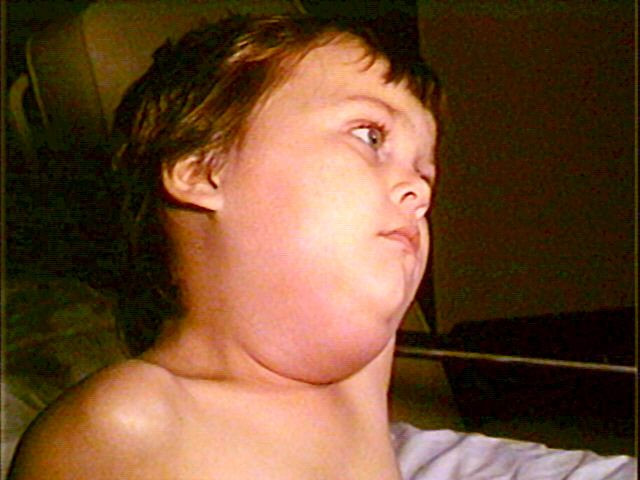Mumps Virus Outbreak in Baltimore’s Loyola University

The mumps virus has broken out among more than a dozen students at Loyola University in Maryland in the past month.
Loyola campus officials have put out a campus community alert to watch out for symptoms of the rare virus. The students who came down with mumps live on and off the North Baltimore campus.
The mumps virus used to be very common in the United States among infants, children, and young adults, but became rare after a widespread vaccination campaign for measles, mumps, and rubella (MMR). The MMR vaccine is one of the recommended childhood immunizations, given first when a child is 12 to 15 months old and followed up with a second shot, usually before the child enters school by age six.
The MMR vaccine is reputed to be 90 percent effective, and like many schools, Loyola University requires the MMR vaccination for all enrolled students.
According to the Centers for Disease Control and Prevention, mumps symptoms start with several days of fever, headache, muscle aches, tiredness, and loss of appetite, which are followed by swelling of the salivary glands and testicular or ovarian inflammation within two to four weeks of infection. Half of the people who get mumps, however, show mild or no symptoms.
The mumps virus is contagious, and spreads through the saliva or mucus of an infected person. Anyone who is not already immune to the mumps virus from vaccination or previous infection can be afflicted by it.
As one might imagine with a disease that spreads through bodily fluids, mumps outbreaks are most common in places that bring together many young people living in the same place, like summer camps and universities.
The CDC's suggestions for halting mumps virus transmission include:
- Washing hands well with soap or antibacterial formula
- Not sharing eating or drinking utensils
- Cleaning surfaces that are frequently touched (such as keyboards, doorknobs, tables, and counters) regularly with antibacterial products
- Minimizing close contact with other people if you are sick
- Covering your mouth and nose with a tissue when you cough or sneeze, and putting your used tissue in the trash. If you don't have a tissue, cough or sneeze into your upper sleeve or elbow, not your hands
Baltimore city officials are investigating the mumps transmission chain to see how the afflicted students were connected, and whether other citizens are at risk.
According to the Baltimore Sun, Loyola University officials notified the campus community of the first cases before spring break started on march 4, and sent a warning letter this week about the growing number of cases.
In addition to the 12 confirmed cases of the mumps virus, several more suspected cases have been reported, said Loyola University spokeswoman Courtney Jolley.



























